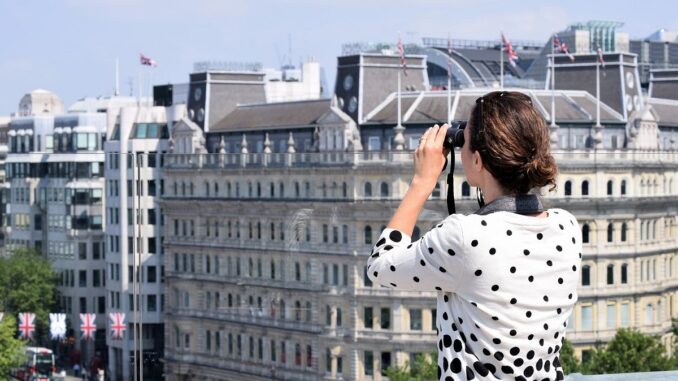
Travel and education are two facets of life that drive personal growth and shape our understanding of the world. Each brings unique perspectives and experiences, expanding our horizons and enriching our minds. When these two are intertwined, an immersive learning experience transcends traditional classroom walls and textbook boundaries.
Incorporating learning into travel: the strategy
Making your travels educational is more complex than it might sound. It’s about infusing elements of learning into your adventures and experiences, making each journey a gateway to knowledge. Here’s how you can achieve that.
Historical and cultural immersion
One of the most enriching ways to learn while travelling is by immersing yourself in the history and culture of the place. Visiting museums, art galleries and historical sites can provide firsthand knowledge about a region’s past, art, culture, and evolution. It broadens your historical perspective and ignites a sense of global citizenship.
Participation in local events
A region’s local events, celebrations and festivals offer a profound understanding of its traditions, customs, and social norms. Participating in these local events allows you to experience the heart of their culture and learn from their unique practices and rituals. It’s a vibrant, enriching lesson in cultural diversity that textbooks often miss out on.
Language learning
Enrolling in language immersion programmes during your travels is an excellent way of enhancing your linguistic skills. Learning a language in its native environment aids cultural assimilation and gives you a deeper understanding of local nuances, idioms, and accents. It also improves cognitive skills and enhances employability in the global job market.
Interaction with locals
The most authentic source of knowledge when travelling is the local populace. Engaging with locals, hearing their stories, and understanding their lifestyles can offer firsthand insights into their values and way of life. It also helps improve your interpersonal and cross-cultural communication skills.
Digital learning: the key to flexible education
The advent of online education platforms has revolutionised the way we learn, making education flexible and accessible. This digital transformation has enabled learners to study anytime, anywhere, making it possible to combine travelling with education seamlessly.
Furthermore, it has also simplified various tasks, making them more convenient. Nowadays, you can conveniently apply for services online, including written assistance. For instance, you can explore informative posts on Speedypaper Twitter. There you will discover valuable insights on maximising the benefits of digital learning.
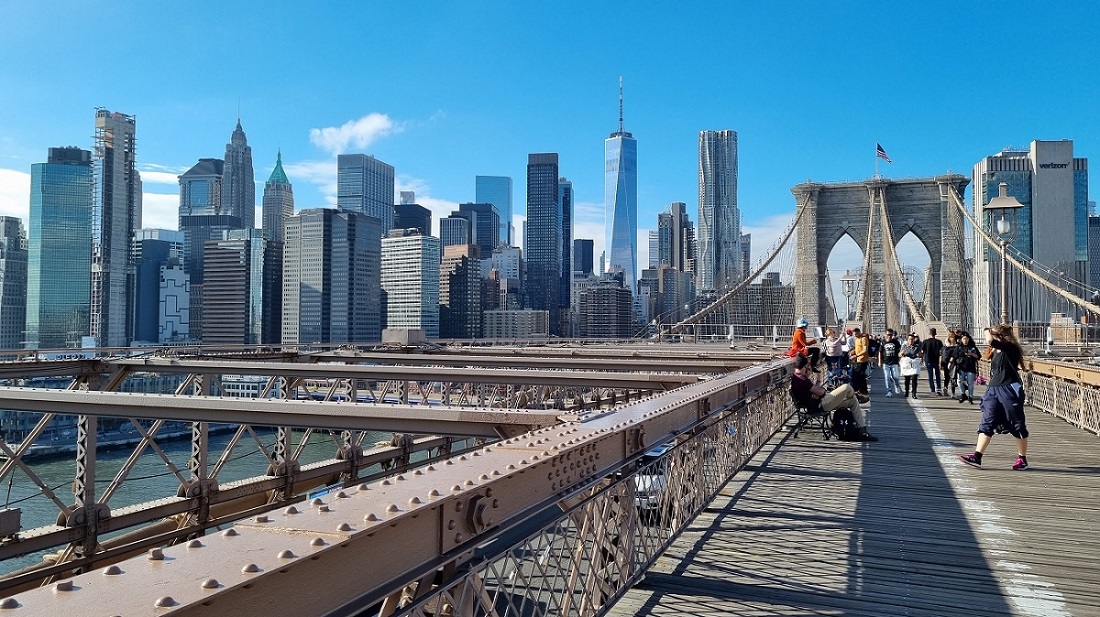
Virtual universities
Many recognised universities now offer online degrees, enabling students to pursue higher education without confining themselves to a specific location. This flexibility allows students to travel the world while keeping up with their academic pursuits. Moreover, virtual universities often provide recorded lectures, making it easy for travelling students to learn at their own pace.
Balancing travel with academics: the importance of discipline
While studying on a beach or learning amidst mountains may sound exhilarating, it comes with challenges. Merging travel with education requires efficient time management and self-discipline.
Time management
One must ensure a balance between exploring new places and fulfilling academic obligations. By setting a daily study schedule and allocating specific hours for learning, you can effectively manage your time and stay on track with your course progress.
Use of productivity tools
In the digital era, numerous productivity apps and tools can assist you in maintaining your study schedule. From task management applications to time trackers, these tools can help you organise your academic responsibilities efficiently while on the move.
Utilising travel experiences for academic gain
Learning from travels does not only imply acquiring knowledge about different cultures or places. It also means using these experiences to enhance your academic pursuits actively. Here’s how you can achieve this.
Case Studies and projects
The diverse experiences you gather from travelling can be transformed into compelling case studies or examples for your assignments and projects. These real-life examples excite your academic tasks and provide a practical perspective on various theories and concepts.
Travel related topics for writing assignments
Selecting travel related topics for your essays, dissertations or research papers is another way to incorporate your travel experiences into your academics. It allows you to delve deeper into a subject that interests you while using your firsthand experiences.
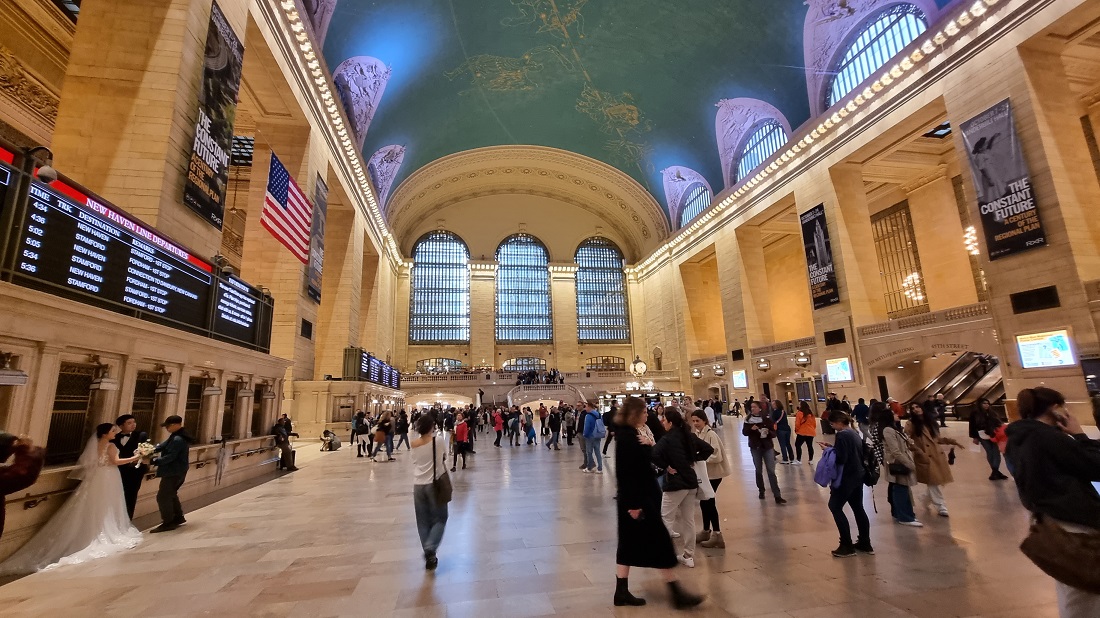
Class discussions and presentations
Your unique travel experiences can add significant value to class discussions and presentations. By incorporating your insights and learnings from your travels, you can contribute a fresh perspective to these discussions, making them more engaging and enlightening.
Personal and professional advantages: beyond academics
The fusion of travel and education extends its benefits beyond academic learning. It plays a significant role in moulding essential life skills and professional capabilities.
Developing essential life skills
Travelling while studying cultivates vital life skills such as adaptability, resilience, decision making and problem solving. It enhances your ability to adjust to new environments, interact with diverse cultures, and handle unexpected situations — invaluable traits in personal and professional life.
Cross-cultural competency
Experiencing different cultures and social norms while travelling improves cross-cultural communication skills and fosters a global mindset. This cross-cultural competency is highly valued in today’s interconnected world, where businesses and professions are increasingly global.
Boosting your resumé
Having travel experiences integrated with education can significantly boost your CV. It reflects your adaptability, self-motivation and willingness to leave your comfort zone. For potential employers, these traits make you a desirable candidate, setting you apart from the rest.
The fulfilling journey of educational travel
In conclusion, combining travelling with education presents an opportunity for an immersive, diverse and enriching learning experience. It takes you beyond the conventional education paradigms, offering a comprehensive approach that amalgamates textbook learning with real world experiences.
While it comes with its challenges, its multifaceted benefits to personal growth, academic learning and professional development make it an endeavour worth considering. So, embark on this unique learning journey, and make the world your classroom.


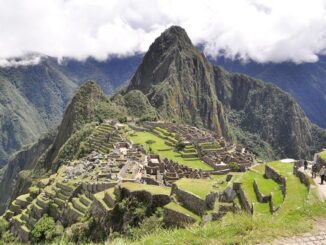
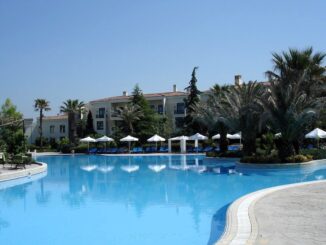
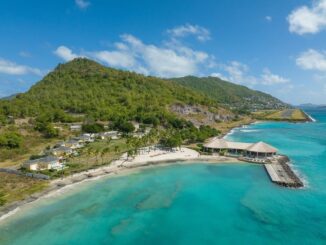
Be the first to comment